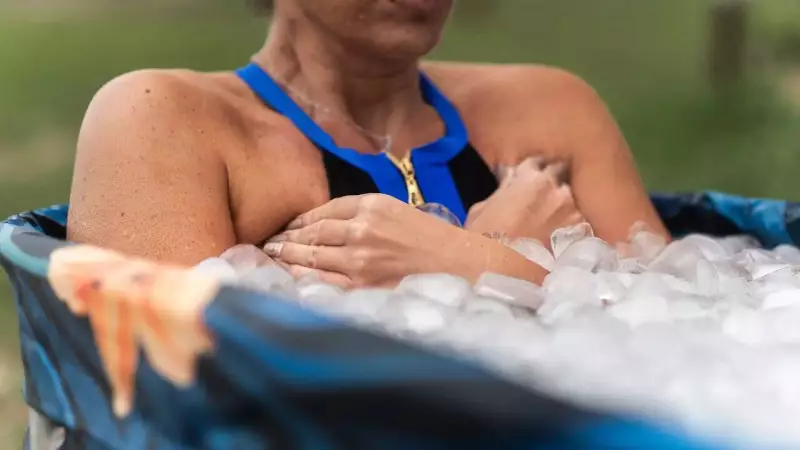
A recent social media storm has sent chills down many spines, claiming that cold showers could trigger strokes. The viral post has left health-conscious individuals wondering if their daily cold plunge routine might be putting them in danger.
What Does the Science Actually Say?
Medical experts and research studies provide a more nuanced picture than the alarming viral claims suggest. While sudden cold water exposure does cause physiological changes, the connection to strokes isn't as straightforward as social media makes it seem.
The Body's Immediate Reaction to Cold Water
When you step into a cold shower, your body undergoes several automatic responses:
- Blood vessel constriction: Peripheral blood vessels narrow to conserve heat
- Blood pressure spike: Your heart works harder to pump blood through constricted vessels
- Increased heart rate: The sympathetic nervous system activates your "fight or flight" response
Who Should Be Cautious?
Research indicates that certain individuals might need to exercise more caution with cold water immersion:
- People with pre-existing heart conditions - The sudden stress on the cardiovascular system could pose risks
- Those with uncontrolled high blood pressure - The additional pressure spike might be dangerous
- Individuals with known cerebrovascular issues - Previous stroke patients should consult doctors
The Other Side of the Coin: Potential Benefits
Despite the viral warnings, numerous studies have documented benefits of controlled cold exposure:
"When approached sensibly, cold water therapy can offer significant advantages for many people," explains Dr. Priya Sharma, a cardiovascular specialist.
Research-supported benefits include improved circulation, reduced inflammation, enhanced immune function, and increased mental resilience. The key lies in gradual adaptation and understanding your personal health status.
Safe Cold Shower Practices
If you enjoy cold showers, here's how to approach them safely:
- Start with lukewarm water and gradually decrease temperature
- Begin with shorter exposures (30-60 seconds) and build up gradually
- Avoid sudden immersion if you have existing health conditions
- Listen to your body and stop if you feel dizzy or unwell
- Consult your doctor if you have cardiovascular concerns
The bottom line? While the viral post contains a kernel of truth about physiological responses, the blanket warning about cold showers causing strokes oversimplifies complex medical science. For most healthy individuals, gradual cold exposure remains a safe practice with potential benefits.





